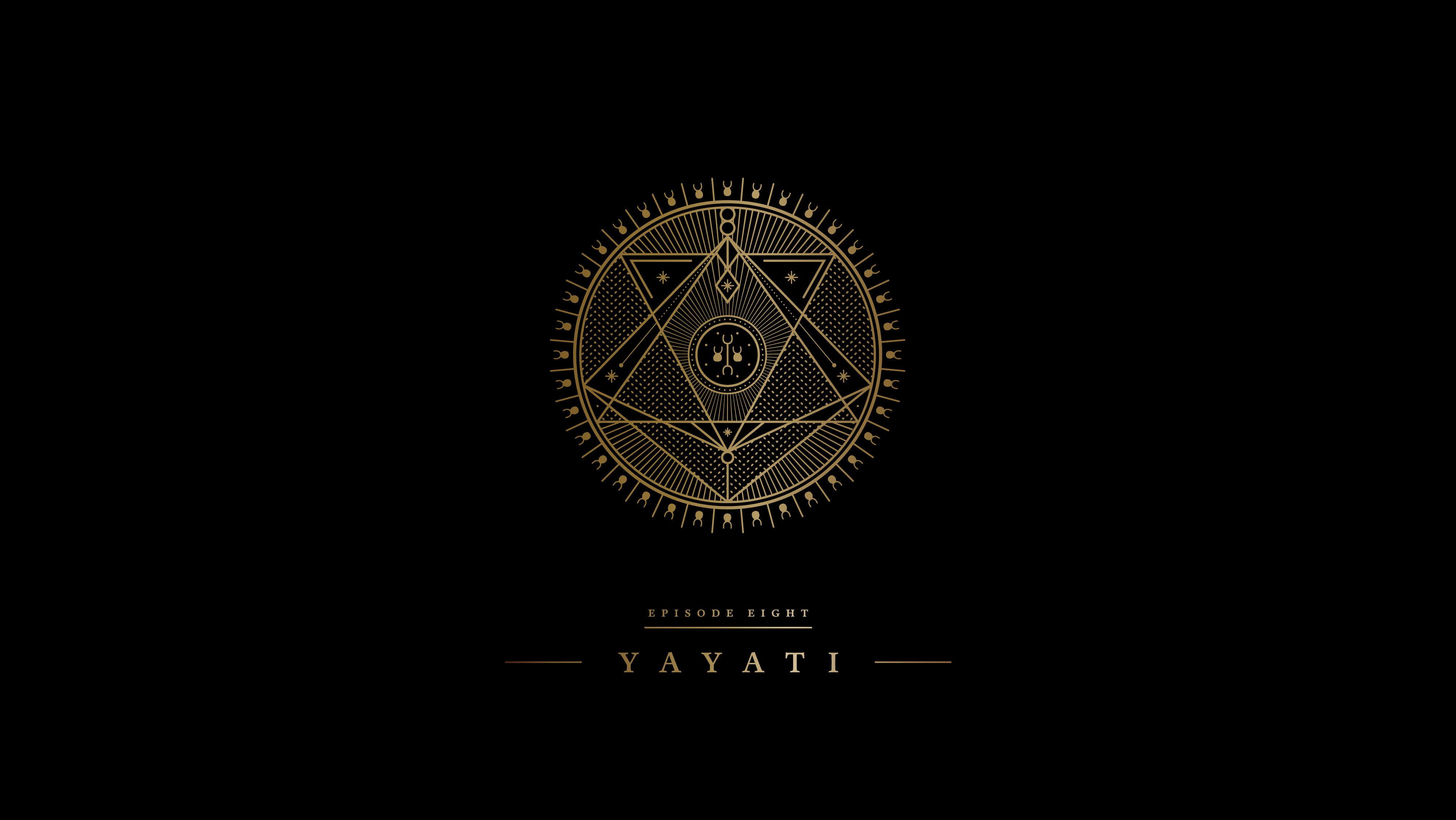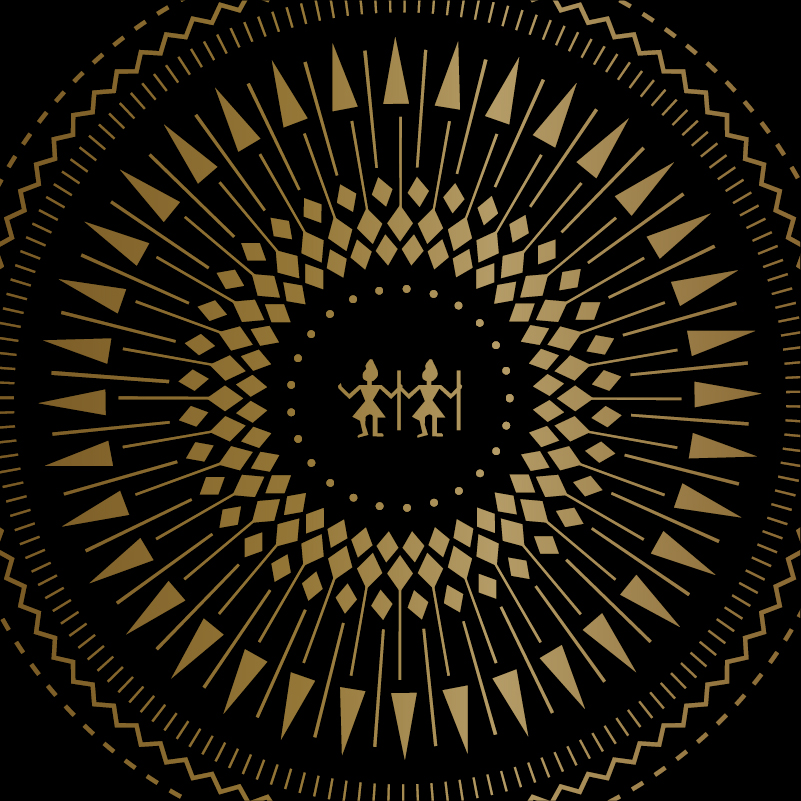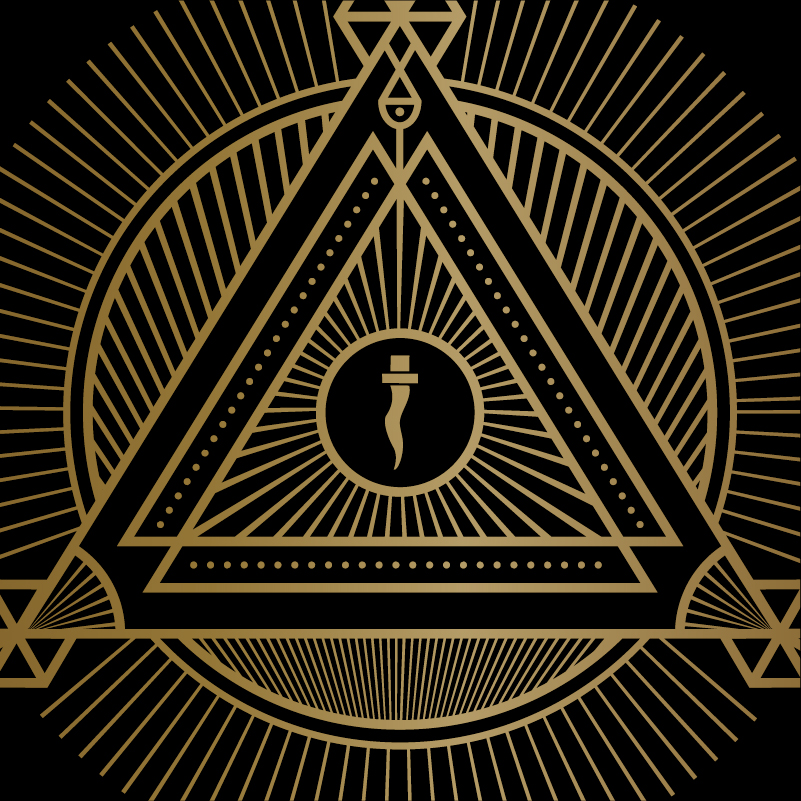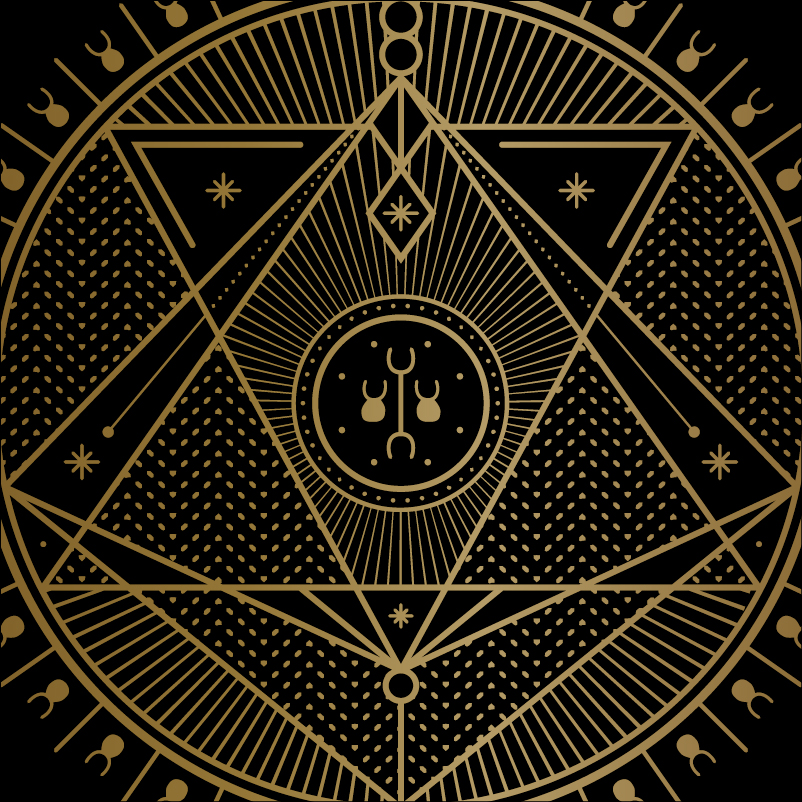Sacred Games
Logo and Opening Title Sequence for India’s first Netflix Original series produced by Phantom Films, directed by Vikramaditya Motwani and Anurag Kashyap.
A project in collaboration with Plexus Motion.

















Individual Episode Titles

Episode 01: Ashwathama
Ashwathama (Sanskrit: अश्वत्थामा, Aśvatthāmā) or Ashvatthaman (Sanskrit: अश्वत्थामन्, Aśvatthāman) is a character from the Mahabharata, an ancient Sanskrit epic which is a basis for Hindu mythology.
Ashwathama was a mighty Maratha (warrior) who fought on the Kaurava side against the Pandavas in the great Kurukshetra War and is believed to be its only living survivor. Thought to be an avatar of Lord Shiva himself, Ashwathama was born with a gem in his forehead which gave him the ability to command all living beings lower than humans. Among several supernatural powers, he was also known to be immortal. The tragedy of his life is that he would live on to see everyone he loved and cherished die.
According to Mahabharata, Ashwathama used a weapon known as the Narayanastra. The weapon was thought of as the penultimate destroyer, as it fires a powerful tirade of millions of deadly missiles simultaneously.
In Mahabharata, it is explained that when this weapon is invoked, "It blazes up with terrible flames within a huge sphere of fire. Numerous peals of thunder were heard, thousands of meteors fell and all living creatures became terrified with great dread. The entire sky seemed to be filled with noise and assumed a terrible aspect with flames of fire. The whole earth with her mountains and waters and trees trembled."

Episode 02: Halahala
Halahala is the deadly poison, which could potentially destroy all of creation, which was consumed by Lord Shiva in order for the Devas (Gods) to obtain Amrut (the nectar of immortality).
Halahala was released during the The Samudra Manthana (Sanskrit: समुद्रमन्थन, lit. churning of the ocean), which is one of the best-known episodes in Hindu mythology, narrated in the ancient texts "Bhagavata Purana", "Mahabharata" and in the "Vishnu Purana".
Indra, the King of Svarga (Heaven), while riding on the elephant Airavata, came across Sage Durvasa who offered him a special garland. Indra accepted the gift and placed it on the trunk of the elephant. The elephant threw the garland on the ground. This enraged Sage Durvasa, and he cursed Indra and all devas to be bereft of all strength, energy, and fortune. In battles following the incident, the Devas (Gods) were defeated and the Asuras (Demons), led by Bali, gained control over the universe. The Devas sought Vishnu's help, who advised them to form an alliance with the Asuras to jointly churn the Ocean of Milk for Amrut (the nectar of immortality) and to share it among themselves. However, Vishnu told the Devas that he would arrange for them alone to obtain the nectar.
The churning of the Ocean of Milk was an elaborate process: Mount Mandara was used as the churning rod, and Vasuki, a nāgarāja (King of all Snakes) who abides on Lord Shiva's neck, became the churning rope. The Asuras were to hold head of the snake, while the Devas, taking advice from Vishnu, agreed to hold its tail. The Devas and the Asuras pulled back and forth on the snake's body alternately, causing the mountain to rotate, which in turn churned the ocean.
The Samudra Manthana process released a number of things from the Ocean of Milk. One was the lethal poison known as Halahala. Then the Gods approached Lord Shiva for protection. Shiva consumed the Halahala in a Shank (a large seashell) in an act to protect the universe, and his wife, Parvati, grabbed Shiva's throat in an effort to prevent the most deadly poison from affecting the universes inside Shiva. As a result, his throat turned blue and he was hence called Neelakantha (the blue-throated one).

Episode 03: Atapi Vatapi
Atapi and Vatapi are the names of two demon brothers in Hindu mythology. As per the legends, they would invite saints for dinner. The elder demon would kill the younger one, cook his flesh and serve him to the saints along with cash and other gifts. After the saint would leave and travel some distance, the older demon brother would call out to the younger one - who would then tear open the stomachs of the saints and return to his brother, killing the saints. They would then eat up the remains of the dead saints or cut them into several pieces and preserve them for later.

Episode 04: Bhramahatya
Indra (/ˈɪndrə/, Sanskrit: इन्द्र), also known as Devendra, is a Vedic deity in Hinduism, a guardian deity in Buddhism, and the king of the highest heaven called Saudharmakalpa in Jainism. His mythologies and powers are similar, though not identical to those of such Indo-European deities as Zeus, Jupiter, Perun, Thor, and Odin (Wotan).
In the Vedas, Indra is the king of Svarga (Heaven) and the Devas (Gods). One day, Indra came upon the news that that Visvarupa, a Brahmin (also known as priests, teachers and protectors of sacred learning across generations) was secretly cheating the demigods by offering oblations on behalf of the demons. He became extremely afraid of being defeated by the demons, and in great anger at Visvarupa he cut his three heads from his shoulders.
The guilt of killing a Brahmin began eating Indra away from inside. He remained inside a closed flower for several hundred years to pay penance. With Vishnu's help, he was saved from the trouble of the demons but was not cleansed of the sin. To get rid of it, and to earn his kingdom back, he made a deal with 3 female forms to take a part of his guilt. Earth, womankind, and trees. Indra's guilt then got distributed among these three - and it is hence that earth suffers excavation, females suffer menstruation, and trees suffer deforestation.

Episode 05: Sarama
In Hindu mythology, Sarama (Sanskrit: सरमा, Saramā; Tamil: Carapai; Thai: Trichada; Malay: Marcu Dewi) is a mythological being referred to as the female dog of the gods, or Deva-shuni (देव-शुनी, devaśunī). She first appears in one of Hinduism's earliest texts, the Rig Veda, in which she helps the god-king Indra to recover divine cows stolen by the Panis, a class of demons. This legend is alluded to in many later texts, and Sarama is often associated with Indra. The epic Mahabharata, and some Puranas, also make brief reference to Sarama.
Early Rig-Vedic works do not depict Sarama as canine, but later Vedic mythologies and interpretations usually do. She is described as the mother of all dogs, in particular of the two four-eyed brindle dogs of the god Yama, and dogs are given the matronymic Sarameya ("offspring of Sarama").

Episode 06: Pretakalpa
Pretakalpa is a part of the Garuda Purana which is one of the eighteen Mahapuraṇa genre of texts in Hinduism. It talks about the cycle of life, death and beyond and is occasionally read on the event of a person's demise.
It is known to describe the fate of the soul after death, Karma, re-birth, omens of death and the fate of Pretas (ghosts / departed souls).

Episode 07: Rudra
Rudra (/ˈrʊdrə/; Sanskrit: रुद्र) is a Rigvedic deity, associated with wind or storm and the hunt. One translation of the name is "the roarer". In the Rigveda, Rudra has been praised as the "mightiest of the mighty". Rudra is the personification of 'terror'. Depending up on the poetic situation, Rudra can be meant as the most severe roarer/howler (could be a hurricane or tempest) or the most frightening one. The Shri Rudram hymn from the Yajurveda is dedicated to Rudra, and is important in the Saivism sect. In it Rudra is referred as God of Gods.
The Hindu god Shiva shares several features with the Rudra: the theonym Shiva originated as an epithet of Rudra, the adjective shiva ("kind") being used euphemistically of Rudra, who also carries the epithet Aghora, Abhayankar ("extremely calm [sic] non terrifying"). Usage of the epithet came to exceed the original theonym by the post-Vedic period (in the Sanskrit Epics), and the name Rudra has been taken as a synonym and an avatar for the god Shiva and the two names are used interchangeably.

Episode 08: Yayati
In Hindu mythology, Yayati (Sanskrit: ययाति) was a Puranic king and the son of King Nahusha and his wife Ashokasundari, daughter of Sri Mahadeva and Devi Parvati Mata. He was one of the ancestors of Pandavas. He had five brothers: Yati,Samyati, Ayati, Viyati and Kriti, although they were the children ofe Virajas, daughter of the Pitris. Yayati had conquered the whole world and was the Chakravartin Samrat (Universal Monarch or World Emperor). He marries Devayani and takes Sharmishtha, daughter of king Vrishparva and maid of Devayani as his mistress on her request.
Devayani was the daughter of Shukracharya, the priest of the Asuras (the demons). After hearing of his relationship with Sharmishtha, Devayani complains to her father Shukracharya, who in turn curses Yayati to old age in the prime of life, but later allows him to exchange it with his son, Puru. His story finds mention in the Mahabharata-Adi Parva and also Bhagavata Purana.
Created for Netflix India / Phantom Films for the series Sacred Games.
Created by: Plexus
Series Directors: Vikramaditya Motwane / Anurag Kashyap
Title Sequence Director: Vijesh Rajan
Concept: Varun Grover
Design Lead: Aniruddh Mehta
Creative Direction: Yashoda Parthasarthy
Images © Netflix India and Plexus Post